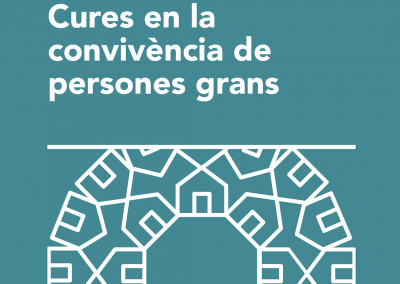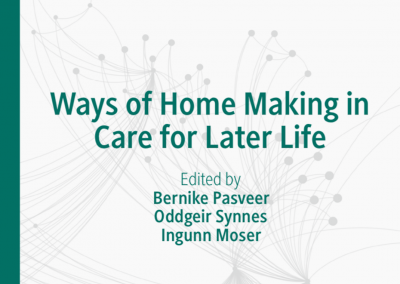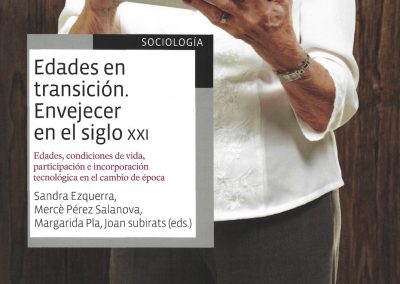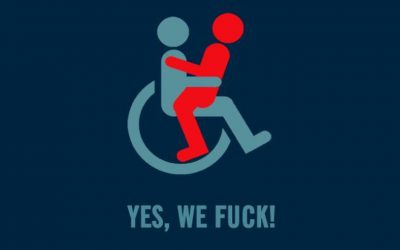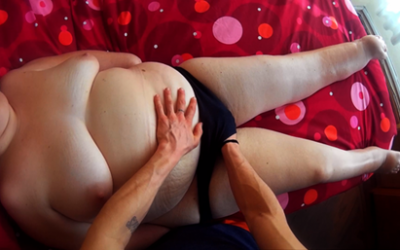
MOVICOMA – The emergence of the senior cohousing movement in Spain
MOVICOMA is a research project funded by the Foundation Leonardo Grant in 2015. It aims to study the emergence of the senior cohousing in Spain as an innovative and alternative response to the “care crisis”. In contrast to more established welfare solutions, where older people are defined by their needs and for being users or beneficiaries of solutions that either the state or the market provide, the emergence of the senior cohousing movement seems to materialise an important change in how care innovation is produced and how old age is configured and understood. Senior cohousing is an innovative response generated by older people themselves to a problem of wide social scope that affects them directly. They reject the solutions they have envisaged for them and the way in which they are defined as “older”: they do not want to be institutionalized in a care home, depend on their children, nor age alone at home. These projects represent an alternative to old age not only because of the way they are carried out (it is the people involved who think and put these projects into practice), but because it involves exploring, building and trying new ways of aging, to care and participate.
This research project will be the first to study the collaborative housing movement for older people in Spain. Studies that have been carried out in countries where these initiatives are more established or have longer trajectories show its impact in preventing loneliness and isolation in later life, increasing participation and citizen empowerment of older people (Brenton 2012) and that these aspects are positively related with a active and healthier aging (Choi 2004; Choi and Paulsson 2011; Andresen and Runge 2002, Forbes 2002; Fromm and de Jong, 2009; Glass, 2009). These evidence are having some impact at a policy level. Public administration begins to take an interest in and support this type of initiatives. However, the literature also shows that the differences between countries and projects are notable (see Labit 2015) and that it cannot be treated as instances of a general model. It has also been shown that it is necessary to carry out more extensive studies that allow us to better understand what these projects respond to, what characteristics they have and what their impact is.
In addition, it is necessary to provide specific data on the projects that are being developed in Spain, but unfortunately these have not received enough attention today from the academic and scientific community in Spain. Something that contrasts with the important coverage and interest it has had in the media. This project aims to correct this and study the collaborative housing movement of older people in Spain for the first time.
a) To map out the senior cohousing initiatives in Spain.
b) To identify the main factors related to the emergence, development, expansion and consolidation of the senior cohousing in Spain.
c) To appraise the psychosocial impact on older people (living and participating in their development) and on their social environment.
Funding Body: Fundación BBVA
Programme: Ayudas a investigadores y creadores culturales 2015
Start date: 01/10/2015
End date: 01/03/2017
RELATED PUBLICATIONS
RELATED NEWS
¿Disability and sex? Yes, we fuck! | by Andrea García-Santesmases
Desvelada | A feminist and anti-ableist look at contemporary representations of the body, (dis)ability and sexuality, by Andrea García-Santesmases
Me Before You or, rather, “me without sex” | by Andrea García-Santesmases
Desvelada | A feminist and anti-ableist look at contemporary representations of the body, (dis)ability and sexuality, by Andrea García-Santesmases
Desiring and other fictions | by Andrea García-Santesmases
Desvelada | A feminist and anti-ableist look at contemporary representations of the body, (dis)ability and sexuality, by Andrea García-Santesmases
‘I am sexy and I know it!’ Viktoria Modesta y el deseo sexual por los cuerpos amputados | by Andrea García-Santesmases
Desvelada | A feminist and anti-ableist look at contemporary representations of the body, (dis)ability and sexuality, by Andrea García-Santesmases
What would your life be like if you couldn’t masturbate? Sexual assistance, an essential support for people with functional diversity | by Andrea García-Santesmases
Desvelada | A feminist and anti-ableist look at contemporary representations of the body, gender, (dis)ability and sexuality, by Andrea García-Santesmases
“To fuck you must have imagination” Postporn and functional diversity | by Andrea García-Santesmases
Desvelada | A feminist and anti-ableist look at contemporary representations of the body, gender, (dis)ability and sexuality, by Andrea García-Santesmases


